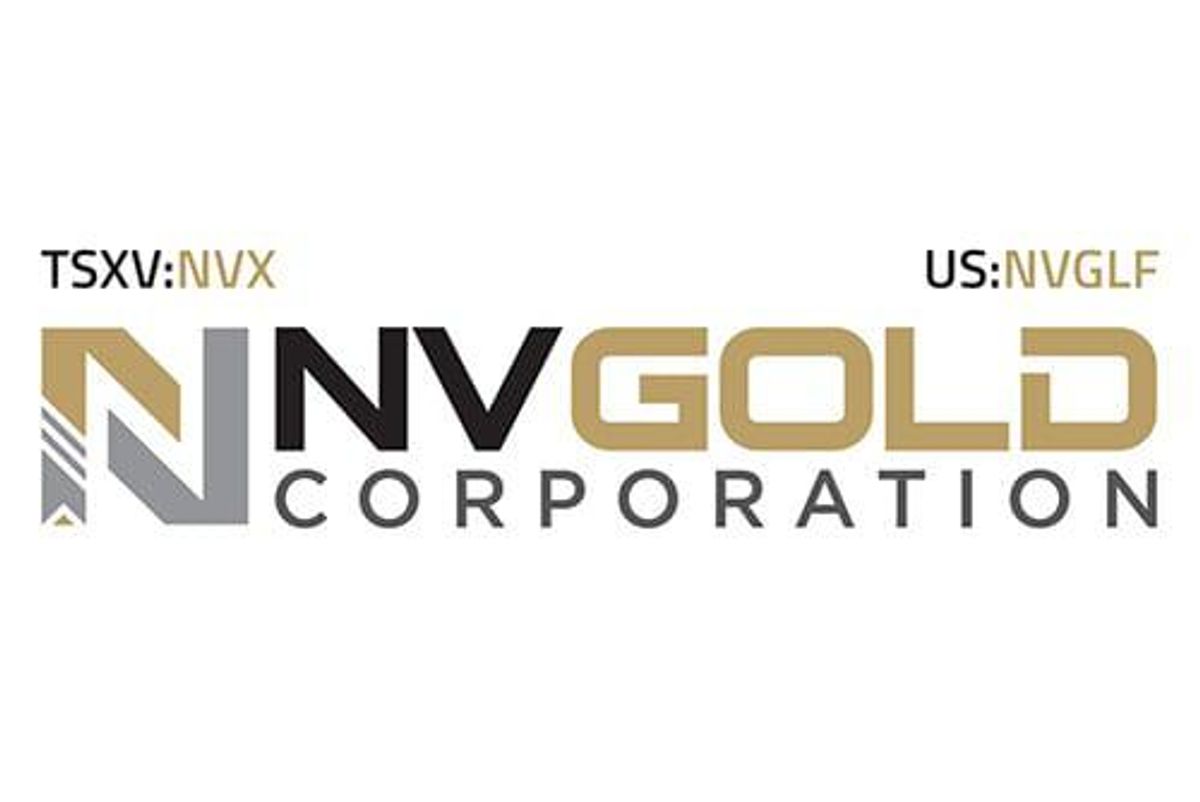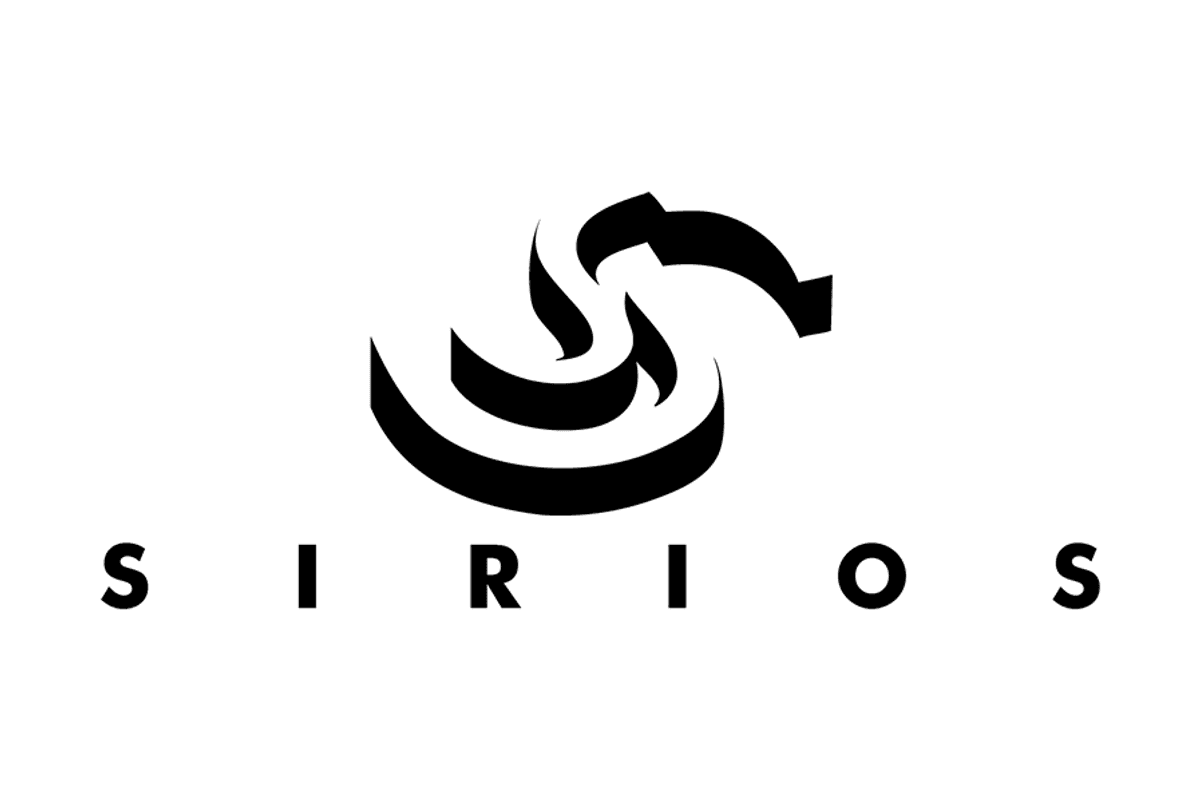
NV Gold Corporation (TSXV:NVX)(OTC PINK:NVGLF) ("NV Gold" or the "Company") is pleased to present its interpreted results from a controlled source audio-magnetotelluric ("CSAMT") geophysical survey completed in early September 2020 at its Slumber Gold Project in Nevada. NV Gold is expediting permitting of a fall exploration drill program to test some compelling targets that have emerged
Highlights of Slumber Gold Project and Recent CSAMT Geophysical Program
- Preliminary 2019 exploration drill program identified a potentially large, buried gold-bearing hot spring system.
- Newly acquired CSAMT survey data compliment earlier gravity and ground magnetic geophysical data as well as drilling results from late 2019.
- CSAMT survey identifies multiple high priority drill targets thought to be associated with the hydrothermal plumbing of the hot spring system.
- NV Gold now interprets that its 2019 drill holes stopped short of these newly identified high priority targets.
- NV Gold is expediting permitting for a 2020 Fall exploration drill program to test a series of structural targets under areas drilled in 2019.
"Our recent CSAMT data clearly defines multiple promising drill targets immediately below our 2019 drill holes," commented Peter A. Ball, President & CEO of NV Gold. "Our technical team, consisting of Dr. Quinton Hennigh and Dr. Odin Christensen, felt the use of the CSAMT would help highlight structural targets at Slumber like it has at other epithermal projects around the globe. Given its similar geology to other epithermal systems in the area such as the famous historic Sleeper high grade bonanza gold deposit 21 miles to the east, we believe Slumber may potentially host a buried high grade gold system at depth."
About Slumber Gold Project
The Slumber Gold Project covers an area about 3.9 square kilometers comprised of 55 unpatented lode mining claims owned by the company and 5 unpatented lode mining claims leased from a third party.
Important geologic features observed at Slumber include outcrops of chalcedony-cemented conglomerate and sandstone with textures consistent with sinter-cemented sediment overlying modern geothermal systems and with outcrops found over other epithermal mineral systems. These rocks display elevated concentrations of gold and pathfinder elements. Chalcedony-cemented conglomerate overlies a stratigraphic section comprised of Tertiary rhyolite tuff and tuffaceous sedimentary rocks that infill a northeast-trending graben and unconformably overlie pre-Tertiary basement rocks. Previous exploration drilling (1985-93), focused on shallow bulk-minable gold mineralization, consisted of 15 shallow (average depth ~115 m) vertical reverse-circulation ("RC") holes drilled on or near these silicified outcrops. Seven of fifteen holes contained anomalous gold intercepts of 0.3 g Au/t over thicknesses ranging from 2-32 m.
In 2019, NV Gold completed an initial 7-hole, 1,091 m drill test of the Slumber Gold Project. The drill program was driven by surface geological evidence and available geophysical information. The program encountered anomalous gold mineralization in four of the seven holes. The most notable intercept was a 39.6 m interval grading 0.34 g Au/t and 1.3 g Ag/t beginning at 36.6 m down hole, including 22.8 m grading 0.47 g Au/t and 1.6 g Ag/t beginning at 53.4 m down hole encountered in hole SL-02. Hole SL-01, situated approximately 450 m northeast of hole SL-02, encountered five mineralized intervals from surface to 167.7 m. Mineralization remained open in all directions around these holes.
Quotation from an October 28, 2019 Company news release:
"Our initial drill program at Slumber has identified a promising gold system. This blind target was identified by geophysics," commented Dr. Quinton Hennigh, Director of NV Gold. " Anomalous mineralization encountered over significant lengths in holes SL-02 and SL-01, some 450 meters apart, suggests the presence of a large gold-bearing hydrothermal system in the sub-surface. Its characteristics exhibit similarities to several other high-grade mid-Miocene gold systems in the region. The Company plans further data review and more refined geophysical interpretation, to target potential high-grade structures that have given rise to the anomalous plume we have encountered in the recent drilling."
Encouraged by the results of the initial 2019 drill program, NV Gold contracted a CSAMT survey of the project area to assist in drill targeting at depth.
Zonge International of Reno, Nevada, performed the CSAMT (controlled source audio-magnetotelluric) survey on the Slumber Gold Project area in September 2020. The survey was completed with data acquisition along 6 lines, each 1000 m in length, spaced at 200 m apart, with a station-spacing along lines of 25 m. The data quality was considered to be of good to excellent quality. The CSAMT survey data complements the known gravity, ground magnetic geophysical surveys, and drilling conducted in late 2019.

Figure 1: Map of Slumber project area, colored by the Analytic Signal of Total Magnetic Intensity. The white ellipse highlights the area of low magnetic response, interpreted to reflect magnetite-destructive hydrothermal alteration. Black lines are the lines of the CSAMT survey.
Subsequently, Thomas V Weiss and Associates Inc. of Centennial, Colorado, was engaged to complete a comprehensive geophysical interpretation incorporating the gravity, ground magnetic and CSAMT geophysical datasets. Results of the three surveys provided extensive complementary information to generate the cross section maps of the Slumber Gold Project area geology at depth.
The ground magnetic survey highlighted an elliptical area of low magnetic response, and was interpreted to be due to magnetite-destructive hydrothermal alteration. The form of the magnetic anomaly suggests a central area of dilation within a larger zone of structural deformation (Figure 1). High-grade ore shoots in epithermal deposits frequently are concentrated in dilatant zones along faults. This zone is now a priority exploration target.
Interpretation of the new CSAMT data highlights several high-angle high-resistivity zones within a north-northeast-oriented focus area generally coincident with the area of reduced magnetic response. Such high-resistivity zones, surrounded by zones of greater conductivity, are a key feature characteristic of epithermal veins. These relationships are illustrated on one representative geophysical cross-section in Figure 2. Similar features are present on five of the six CSAMT lines.

Figure 2. Slumber Project Area CSAMT Line 4 viewed looking northeast. Cooler colors image rock masses with greater resistivity. The image has been interpreted to show several high-angle resistive zones, surrounded by more conductive rock. The blue resistive cap corresponds to silicified outcrops.
When compared to past drilling, the new model suggests that past drilling, primarily targeted by surface geologic features, did not test deep enough as illustrated in Figure 3.

Figure 3: Slumber Project Area CSAMT Line 4 viewed looking northeast. Cooler colors image rock masses with greater resistivity. The traces of several historic drill holes are shown and indicates that the holes were not drilled deep enough to intersect possible zones of high-angle veining and mineralization.
Based upon the integrated interpretation of the known geology and geophysics, the NV Gold technical team and Board Directors, consisting of Dr. Quinton Hennigh and Dr. Odin Christensen, are finalizing the fall drill program to test the potential identified deeper targets. The planned exploration drill program will initially include up to eight (8) RC drill holes, all to target a minimum depth of at least 300 m for a total program of approximately 2,400 m. Permitting for the drilling program is in progress, with a potential start date during the fall of 2020.
About CSAMT
The various measured electrical and magnetic responses from a CSAMT survey are used to model the resistivity structure of the earth, which relates directly to the underlying geology. CSAMT is highly effective in the exploration of epithermal systems such as Slumber, and assists in identifying areas of silicification that develop within the structural conduits of hot-spring systems (places where mineralized veins might be found).
CSAMT assists in the vertical geophysical mapping of a project in the 20-1000-m depth range. The prospective boiling zone, where high-grade mineralization can occur within an epithermal system, is commonly believed to exist at depths ranging from 300-500 m below the paleo-surface. The high-grade centers of low-sulfidation epithermal precious-metal deposits can be relatively small exploration targets, surrounded by much larger volumes of altered and geochemically anomalous rock, making precise drill targeting critical.
Quinton Hennigh (Ph.D., P.Geo.) is a Qualified Person pursuant to National Instrument 43-101 and has reviewed and approved the technical information contained in this news release. Dr. Hennigh is a director of NV Gold and is not independent and is also the President, Chairman and a Director of Novo Resources Corp.
About NV Gold Corporation
NV Gold (TSXV: NVX, US: NVGLF) is a well-financed junior exploration company based in Vancouver, British Columbia that is focused on delivering value through mineral discoveries in North America, leveraging its highly experienced in-house technical knowledge, and identifying and drilling 2-3 priority projects per year. NV Gold controls multiple drill-ready projects in Nevada, and has entered into an Option Agreement on the high-grade Exodus Gold Project in British Columbia, Canada.
On behalf of the Board of Directors,
Peter A. Ball
President & CEO
For further information, visit the Company's website at www.nvgoldcorp.com or contact:
Peter A. Ball, President & CEO
Phone: 1-888-363-9883
Email: peter@nvgoldcorp.com
Neither the TSX Venture Exchange nor its Regulation Service Provider (as that term is defined in the policies of the TSX Venture Exchange) accepts responsibility for the adequacy or accuracy of this release.
Forward Looking Statements
This news release includes certain forward-looking statements or information. All statements other than statements of historical fact included in this release, including, without limitation, plans to complete further drilling at the Slumber Gold Project, that the Slumber Gold Project may contain a buried high grade gold system at depth, and the timing and other future plans and objectives of the Company, are forward-looking statements that involve various risks and uncertainties. There can be no assurance that such statements will prove to be accurate and actual results and future events could differ materially from those anticipated in such statements. Important factors that could cause actual results to differ materially from the Company's plans or expectations include regulatory issues, market prices, availability of capital and financing, measures required to be taken in response to the COVID-19 pandemic, general economic, market or business conditions, timeliness of government or regulatory approvals and other risks detailed herein and from time to time in the filings made by the Company with securities regulators. The Company disclaims any intention or obligation to update or revise any forward-looking statements whether as a result of new information, future events or otherwise except as otherwise required by applicable securities legislation.
SOURCE: NV Gold Corporation
View source version on accesswire.com:
https://www.accesswire.com/606937/NV-Gold-Highlights-Positive-CSAMT-Geophysical-Results-and-Expedites-Permitting-for-a-Fall-Drill-Program-at-its-Slumber-Gold-Project-in-Nevada





